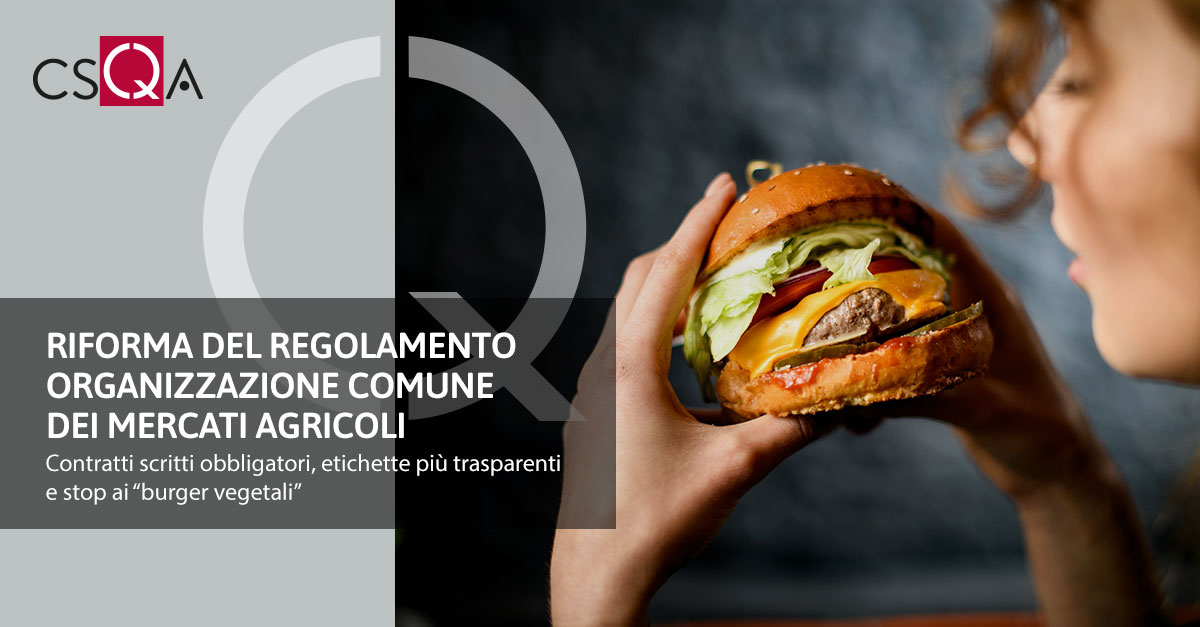 On Wednesday 8 October, the European Parliament, meeting in plenary session in Strasbourg, approved targeted amendments to the regulation on the common organisation of agricultural markets (CMO) and two other acts as proposed in September by the Agriculture Committee.
On Wednesday 8 October, the European Parliament, meeting in plenary session in Strasbourg, approved targeted amendments to the regulation on the common organisation of agricultural markets (CMO) and two other acts as proposed in September by the Agriculture Committee.The amendments, initially presented by the European Commission, aim to rebalance the balance of power in the agri-food supply chain .
The text, which will serve as the basis for negotiations with the Council, was adopted by 532 votes in favor, 78 against, and 25 abstentions. It includes the amendment proposed by French EPP rapporteur Céline Imart, which prohibits the use of meat-related terms for plant-based products. Agreement with the Member States will now be required for the amendments to enter into force.
Written contracts and producer organizations
MEPs argue that deliveries of agricultural products within the Union should be subject to a written contract . However, they propose that Member States be able to exempt certain sectors at the request of a representative organization.Furthermore, the Parliament wants to reduce the value threshold below which Member States can decide that contracts are not mandatory to €4,000 (compared to the €10,000 proposed by the Commission).
To avoid unnecessary competition between production models, MEPs oppose the creation of organic producer organizations.
More rigorous definition of “meat” foods
MEPs introduce a new definition of meat, describing it as “edible parts of animals”, and establish that names such as “steak”, “escalope”, “sausage” or “hamburger” should be reserved exclusively for products containing meat , excluding those grown in laboratories.This decision overturns what was already decided in October 2024 by the European Court of Justice , which in a ruling stated: "Where a legal name has not been adopted, a Member State cannot prohibit the use of terms traditionally associated with products of animal origin to designate a product containing vegetable proteins" .
Labelling and marketing
Parliament calls for greater clarity on the use of the terms "fair," "equitable," or equivalent for agricultural products and proposes that the criteria for their inclusion on labels include the products' contribution to the development of rural communities and the promotion of farmers' organizations.It also calls for the expression "short supply chain" on labels or in advertising to be reserved for products produced in the EU with a limited number of intermediaries between the farmer and the final consumer, traded over short distances or in short timeframes.